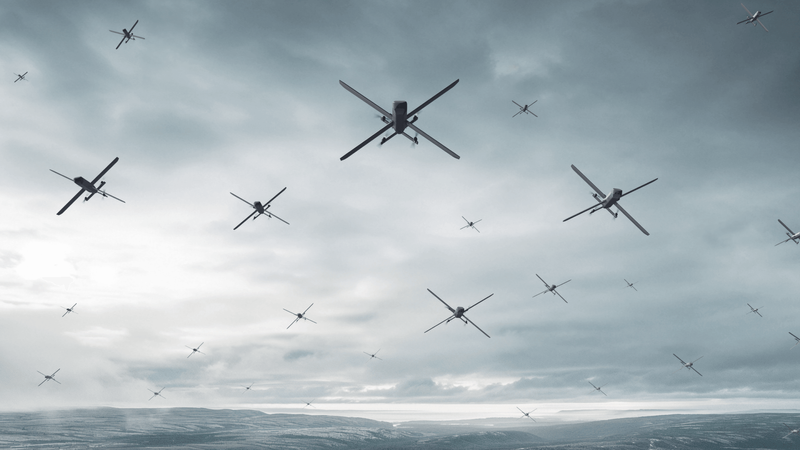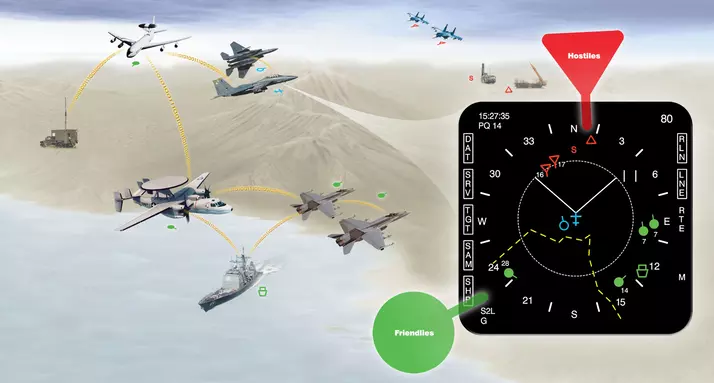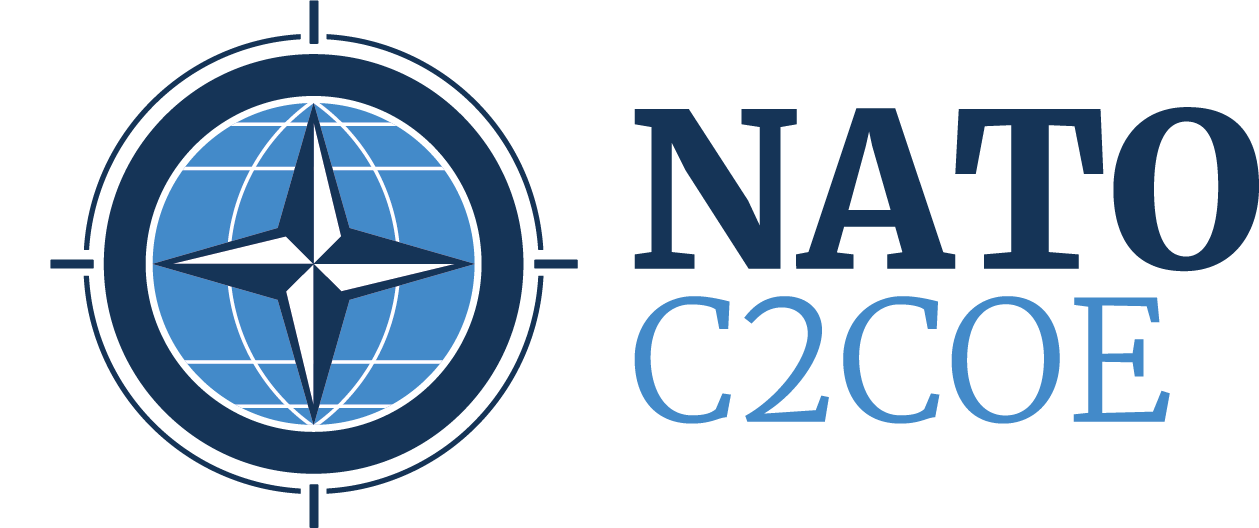EU’s IRIS² Constellation: Kubilius Pushes Strategic Space Vision
Andrius Kubilius, the European Union’s newly appointed Commissioner for Defense and Space, has placed the spotlight on the ambitious Iris2 constellation and the upcoming EU Space Law as pillars of Europe’s future in defense and space innovation.
During a recent hearing before the European Parliament, Kubilius articulated a robust agenda aimed at fortifying the EU’s strategic autonomy, secure connectivity, and global competitiveness in space.
The Iris2 Constellation: A Flagship for Secure Communications
Key Features and Strategic Importance
The Iris2 project, currently in advanced negotiations with a European industrial consortium, envisions a 300-satellite, multi-orbit secure communications network. This constellation is designed to:
- Provide resilient and secure connectivity for government, military, and commercial users.
- Reduce Europe’s reliance on non-EU communication systems, enhancing sovereign control over critical infrastructure.
Kubilius highlighted Iris2 as a cornerstone of the EU’s strategy to ensure secure communications across defense, crisis management, and digital connectivity sectors.
Strengthening Europe’s Strategic Autonomy
By committing to the Iris2 constellation, the EU aims to bolster its capacity to respond independently to geopolitical threats and technological challenges. This aligns with broader EU priorities to:
- Build a robust space-based communications network amid increasing cyber and kinetic threats.
- Position Europe as a leader in the burgeoning space-based secure communications market, which is expected to grow significantly in the coming decade.
The EU Space Law: A Framework for Innovation and Growth
Kubilius announced plans to publish the EU Space Law in the first half of 2025. This comprehensive legal framework will:
- Establish regulatory clarity for both public and private stakeholders in the European space sector.
- Foster innovation, investment, and competitiveness by simplifying procedures and ensuring regulatory coherence.
This initiative seeks to address longstanding industry demands for a unified legal environment, essential for advancing cutting-edge projects like Iris2 and stimulating the growth of small-launcher startups.
Support for Small Launchers: Flexible Access to Space
Acknowledging the critical role of small launchers in the European space ecosystem, Kubilius expressed strong support for:
- Increased investment in small-launcher development, echoing recent ESA initiatives like the Boost! program.
- Expanding flexible and cost-effective access to space, particularly for deploying small satellites in low-Earth orbit (LEO).
Kubilius’s backing reflects the EU’s recognition of small launchers as vital to Europe’s ability to compete with global players such as Rocket Lab and SpaceX, ensuring a competitive edge in the rapidly growing satellite deployment market.
Kubilius’s Vision for Defense and Space
Military Background and Strategic Outlook
A former Prime Minister of Lithuania, Kubilius is widely respected for his firm stance on military aid to Ukraine and deep understanding of regional security dynamics. His appointment as Commissioner underscores the EU’s dual priorities of:
- Enhancing defense capabilities, with a focus on strategic autonomy and infrastructure resilience.
- Accelerating space innovation to ensure Europe remains a key player in the global space race.
Strategic Implications for the EU
Kubilius’s agenda signals a bold and cohesive approach to integrating defense and space capabilities under a unified framework. Key outcomes to watch include:
- The successful launch and deployment of Iris2, which could redefine Europe’s role in secure satellite communications.
- The publication of the EU Space Law, likely to be a transformative step for private and public sector collaboration in space.
- Expanded support for small-launcher startups, crucial for enabling rapid and cost-effective access to space.
Conclusion
Kubilius’s leadership marks a pivotal moment for Europe’s defense and space strategy. The Iris2 constellation and EU Space Law are not just flagship initiatives—they represent a larger commitment to advancing the EU’s strategic autonomy, technological leadership, and security infrastructure.
As the EU navigates an increasingly complex geopolitical and technological landscape, these initiatives will play a critical role in shaping Europe’s future as a global leader in both defense and space innovation.




